Introduction
Robotics technology is advancing rapidly, and the innovations being made are changing the way we live and work. From healthcare to manufacturing, agriculture to transport, the applications for robotics are vast and varied. In this article, we will explore some of the top robotics technology innovations that you need to know about.
1. Drones
Drones, or unmanned aerial vehicles (UAVs), have become popular in recent years for a range of applications. They are used in agriculture for crop monitoring, in construction for site inspections, and in search and rescue operations. They can also be used for deliveries and transportation of goods.
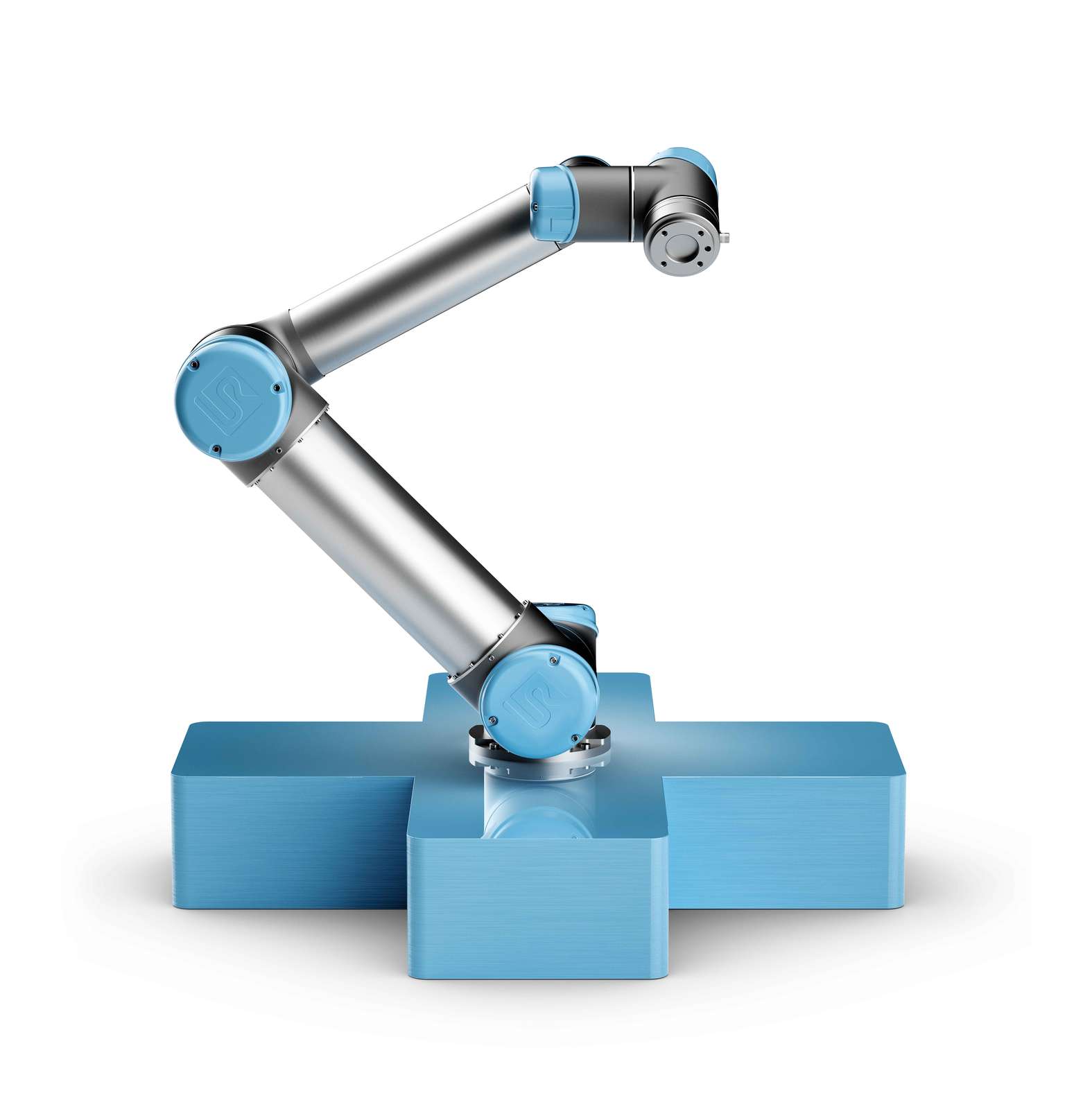 Source: bing.com
Source: bing.com2. Collaborative Robots
Collaborative robots, or cobots, are designed to work alongside humans to complete tasks. They are equipped with sensors that allow them to operate safely and effectively in the same space as humans. Cobots are used in manufacturing, healthcare, and logistics.
 Source: bing.com
Source: bing.com3. Autonomous Vehicles
Autonomous vehicles, or self-driving cars, are becoming more common on our roads. They use sensors and algorithms to navigate and make decisions without human input. Autonomous vehicles have the potential to transform transportation, making it safer and more efficient.
 Source: bing.com
Source: bing.com4. Soft Robotics
Soft robotics is an emerging field that uses flexible and deformable materials to create robots that can move and interact with their environment in a more natural way. Soft robots are being developed for use in healthcare, where they can be used to assist with surgery and rehabilitation.
 Source: bing.com
Source: bing.com5. Exoskeletons
Exoskeletons are wearable devices that can enhance the physical capabilities of humans. They can be used to help people with disabilities or injuries to move and perform tasks that would otherwise be difficult or impossible. Exoskeletons are also used in manufacturing to reduce the risk of injury and improve productivity.
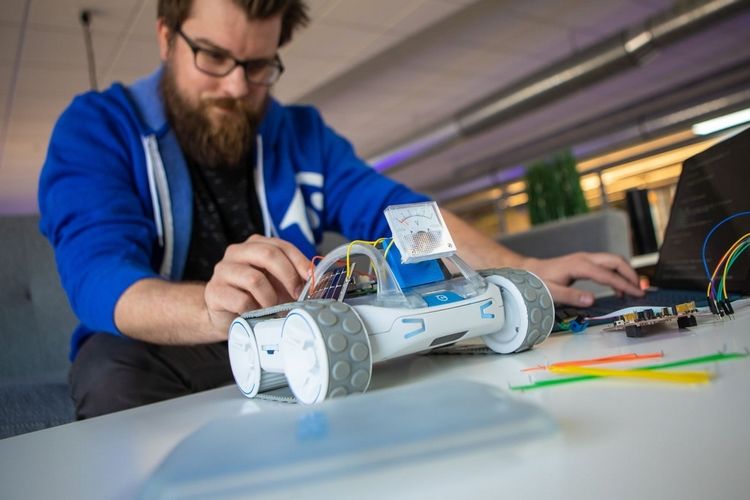 Source: bing.com
Source: bing.com6. Swarm Robotics
Swarm robotics involves coordinating large numbers of small robots to work together to complete tasks. This approach is inspired by the behavior of social insects such as ants and bees. Swarm robotics has applications in search and rescue, environmental monitoring, and agriculture.
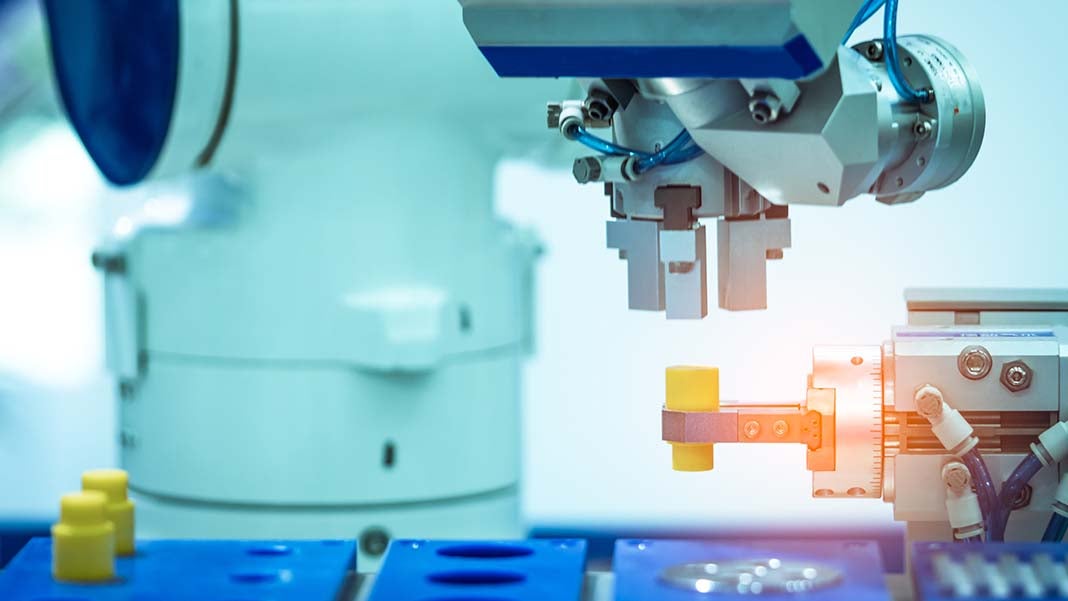 Source: bing.com
Source: bing.com7. Humanoid Robots
Humanoid robots are designed to resemble humans in appearance and behavior. They are used in research and education to study human behavior and cognition. Humanoid robots are also used in entertainment, where they can perform in shows and interact with audiences.
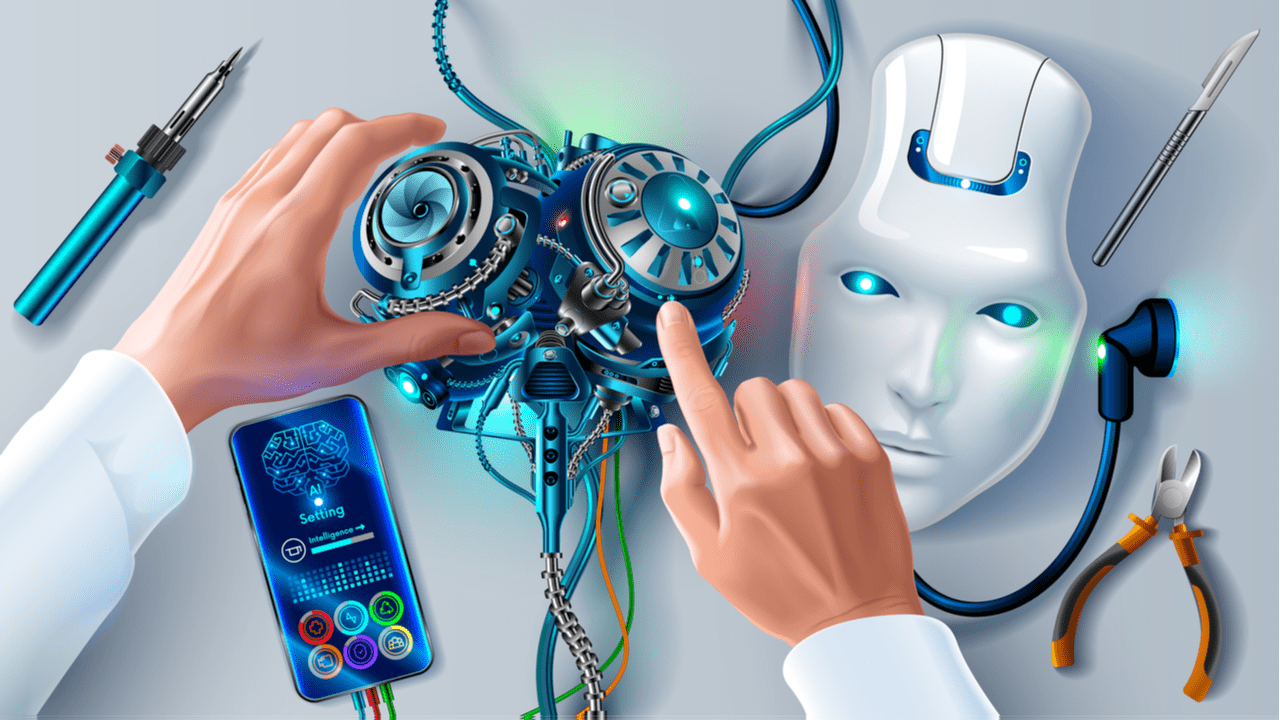 Source: bing.com
Source: bing.com8. Agricultural Robots
Agricultural robots, or agribots, are used in farming to automate tasks such as planting, harvesting, and weeding. They can also be used for monitoring crop health and soil conditions. Agribots have the potential to increase efficiency and reduce labor costs in agriculture.
 Source: bing.com
Source: bing.com9. Service Robots
Service robots are designed to assist humans in a variety of settings, such as healthcare, hospitality, and customer service. They can perform tasks such as cleaning, delivering items, and providing information to customers. Service robots are becoming more common in public spaces such as airports and shopping malls.
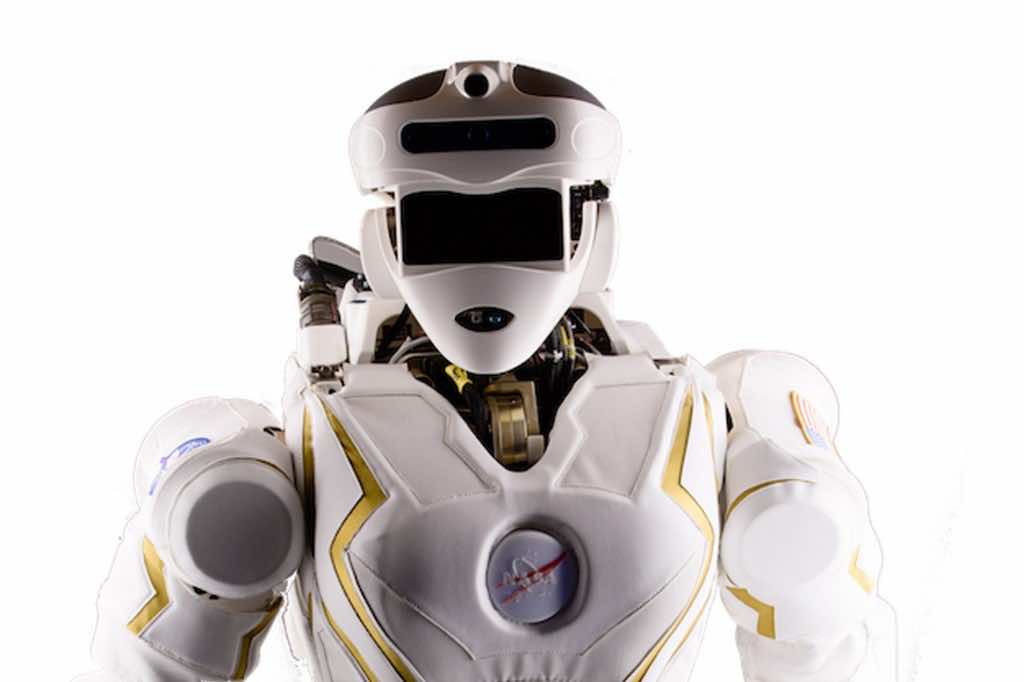 Source: bing.com
Source: bing.com10. Medical Robots
Medical robots are used in healthcare to assist with surgery, rehabilitation, and diagnosis. They can be used to perform precise and delicate procedures that would be difficult for humans to carry out. Medical robots can also be used for remote monitoring and telemedicine.
 Source: bing.com
Source: bing.comConclusion
The innovations in robotics technology are transforming the world around us. From drones to exoskeletons, from collaborative robots to swarm robotics, the applications for robotics are vast and varied. As this technology continues to advance, we can expect to see more and more robots in our daily lives, making our work and our world safer, more efficient, and more enjoyable.

